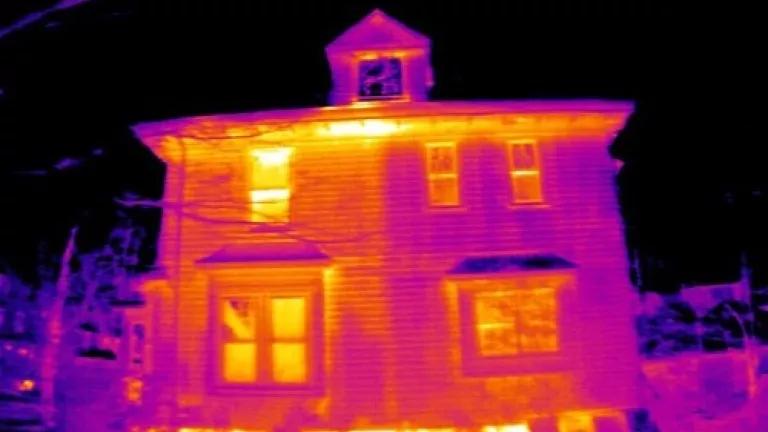
April showers may bring May flowers, but this May also sees the blossoming of a new energy efficiency pilot in Michigan. May 1st marked the launch of the Consumers Energy program designed specifically to meet the needs of multifamily affordable housing. Elevate Energy, a Chicago based non-profit, Michigan Energy Options, an East Lansing-based non-profit, Michigan Saves, a Lansing-based non-profit, and the Michigan State Housing Development Authority, joined forces with Consumers Energy to tailor a program to meet this housing group’s distinct set of challenges and opportunities. The pilot is part of a larger initiative to scale up energy efficiency in multifamily affordable housing across the country that the NRDC is helping lead.
Multifamily Affordable Housing Need
Who are we talking about and why do they need a tailored program? National multifamily occupant characteristics show that:
- 28% are below the poverty line,
- 13.5% of a family’s monthly income is spent on energy compared to the median household who spends 7%, and
- HUD-assisted renter families with rent assistance spend 1/3 of their housing costs on energy. Comparatively, the average household only spends 1/8 of their housing costs on providing energy to their home.
Photo taken with an infrared camera from Sagewell, Inc shows a half insulated building.
Clearly, this housing group is spending a disproportionate amount of money on energy. Possible explanations include the fact that:
- only 2% of multifamily units have received an energy audit,
- 63% of units are poorly or only adequately insulated,
- 30% of units have heating equipment that is over 20 years old,
- or that 60% of units have heating equipment not routinely maintained.
Traditionally, multifamily affordable housing is considered hard to reach, but Elevate Energy’s Energy Savers “One-stop shop” program proves that groups are beginning to break through.
“One-Stop Shop” Breakthrough
The “one-stop shop” not only provides a model for access, but a model for resounding success. That’s success to the tune of 18,000 units retrofitted in Chicago with a typical energy savings of 30%. What makes the program so effective is its comprehensive, yet streamlined process where the building owner has a single point of contact throughout the entire pursuit for deep and persistent energy efficiency. The Consumers pilot is based off this model, but has been tailored to Michigan specific housing characteristics with the help of Michigan Energy Options. The program walks the building owner through an energy analysis and on-site assessment, cost-effective energy saving recommendations, low-cost financing options with the help of Michigan Saves, contractor bids, construction oversight and quality assurance, utility incentives and other grants, and post-retrofit energy use monitoring. Everything but the kitchen sink! Well, actually maybe even the kitchen sink if you get a low-flow faucet aerator…
The pilot will touch 1,224 units in 79 buildings and utilize $400,000 worth of incentives over the next two years. Based on a typical centrally heated, 3-story, 24-unit masonry structure with 24,000 square feet of heated space, measures such as air sealing, roof insulation, boiler replacement, boiler controls, radiator replacement and CFL installations can result in savings on energy costs reaching $44,350 in 5 years. Seeing approximately the same level of success in these 1,224 units could translate into over $2,200,000 in energy cost savings in just 5 years!
Achieving Energy Efficiency for All
The launch of the Michigan Consumers pilot is one important step towards achieving energy efficiency for everyone. Energy efficiency is an incredible resource that can address so much more than just the burden of high energy costs. It can provide a more comfortable, affordable living space, reduce pollution, create healthier living environments, and maintain affordable housing--particularly meaningful for this group. As Michigan continues to push toward higher renewable and energy efficiency standards, look to programs like this to be the model for clean and comprehensive energy solutions.

